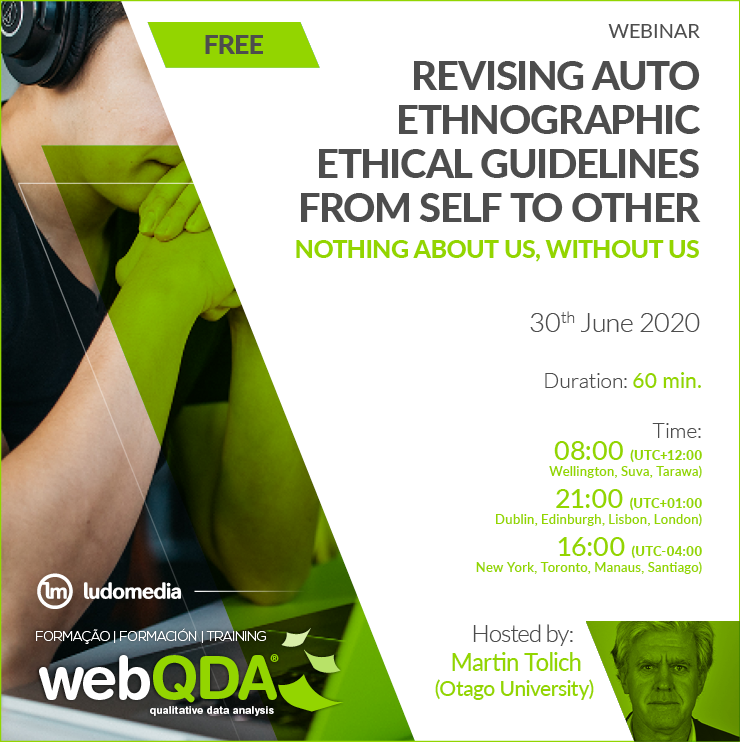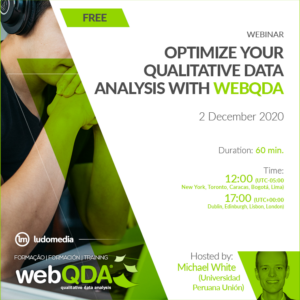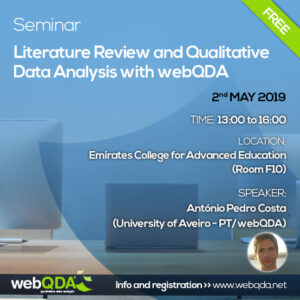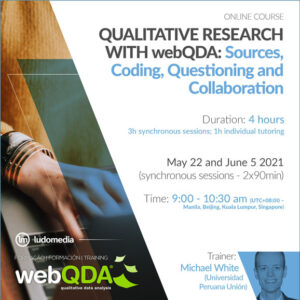Description
Webinar: Revising auto ethnographic ethical guidelines from self to other. Nothing about us, without us
Hosted by: Martin Tolich (Otago University)
Auto ethnography dominated proceedings at the 4th Congress of Qualitative Inquiry (2008) yet its advocates provided little evidence of ethical considerations. In response to this ethical void, Tolich wrote a critique of current practice: Ten foundational guidelines for auto ethnographers published in Qualitative Health Research in 2010. Since then, according to Google Scholar 291 researchers, many of them graduate students have cited the article finding the guidelines ‘influential’, ‘making a difference’. Others claim the guidelines were hard-line, oppressive. One of these citations recorded an Auto ethnography Tolich wrote about his experiences at Outward Bound (Tolich 2012). The goal of this presentation systematically analyses ways the 291 researchers employed and commented on the guidelines especially their focus on how the retroactive nature of writing auto ethnography disrupts, challenges ethical considerations. These researchers repeatedly found internal confidentiality, process consent and retrospective consent useful guidelines. Given the propensity of auto ethnographers to write others into “their story” after the event one of the original guidelines, featuring the anticipatory qualities of photo voice was not fit for purpose. Rarely, it seems, do auto ethnographers anticipate ethical issues. The disability activist sourced statement, “nothing about us, without us”, superseding photo voice creates a paradigm shift replacing the original auto ethnography ethics catch cry, “do I own the story because I tell it”, and its preoccupation with the self. ‘Nothing about us, without us’ enables ethics squarely toward the rights of all people mentioned in the auto ethnography. When applying these revised guidelines to the author’s Outward Bound auto ethnography difficulties applying ethical considerations to autoethnography are both revealed and resolved.
Tolich, M., 2010. A critique of current practice: Ten foundational guidelines for autoethnographers. Qualitative Health Research, 20(12), pp.1599-1610.
Tolich, M., 2012. My eye-opening midnight swim: An Outward Bound autoethnography. New Zealand Journal of Outdoor Education: Ko Tane Mahuta Pupuke, 3(1), p.9.




Reviews
There are no reviews yet.